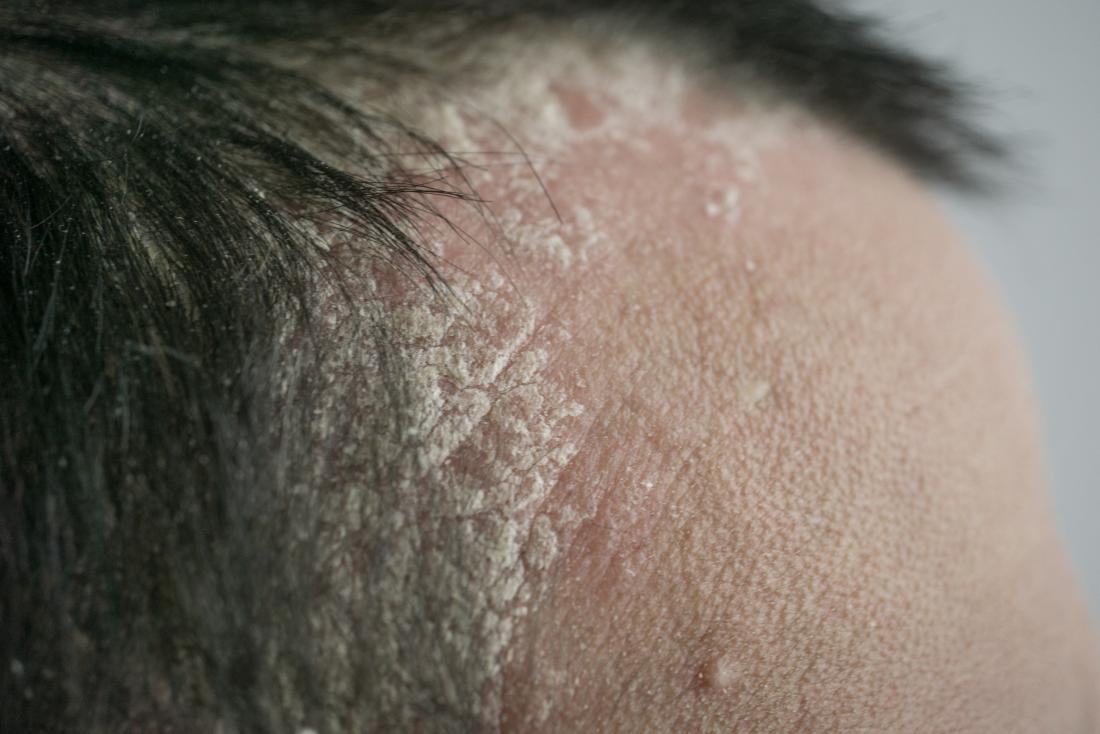
Let’s Know about Dandruff
Every one of us has suffered the woes of dandruff at some point in our lives. Dandruff is a common skin problem that seems harmless but it is difficult to treat and is often embarrassing. If you have an active social life, you may want to keep a check on your dandruff and take treatment to keep your hair and scalp healthy. Ayurvedic treatment for dandruff is a widely accepted approach because it offers a natural and permanent treatment for this problem.





